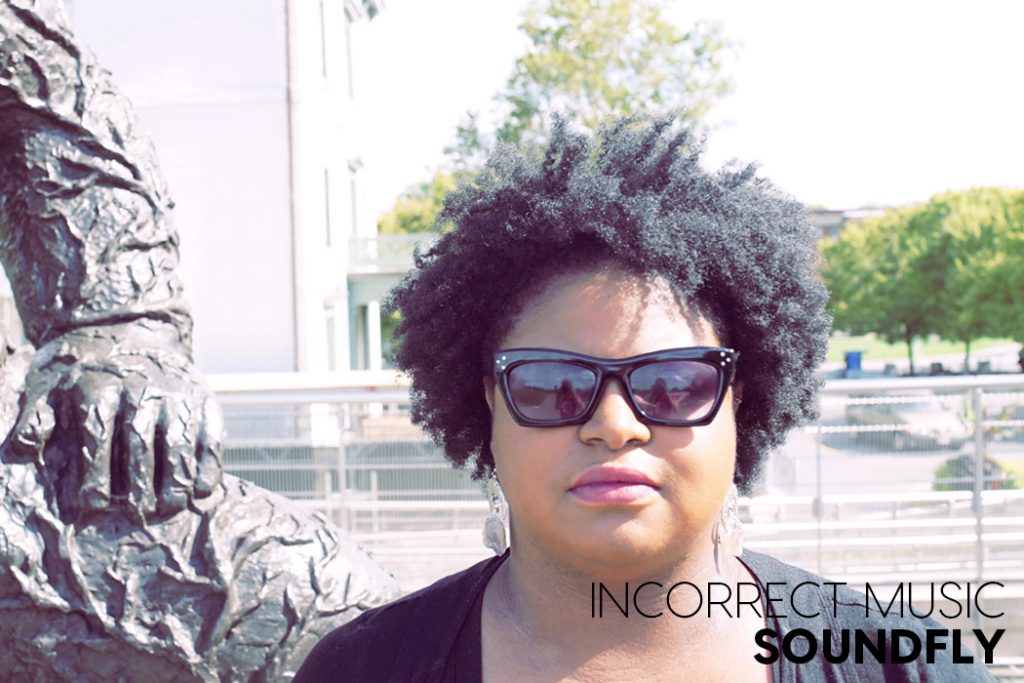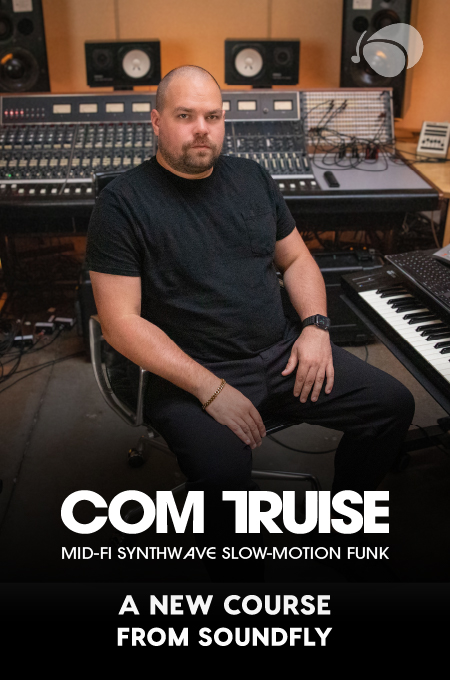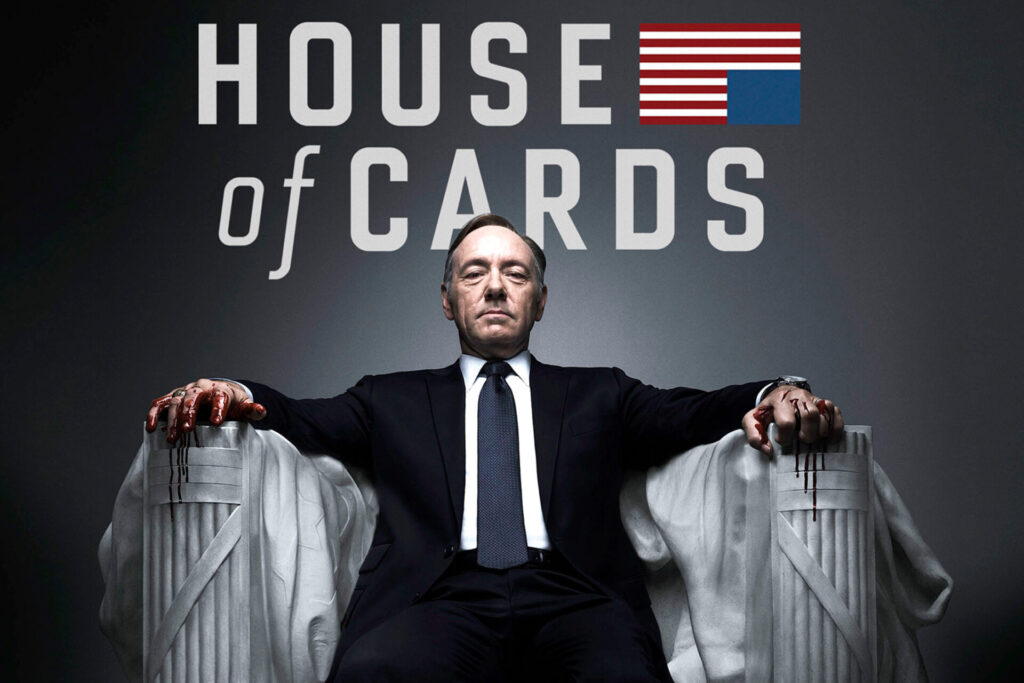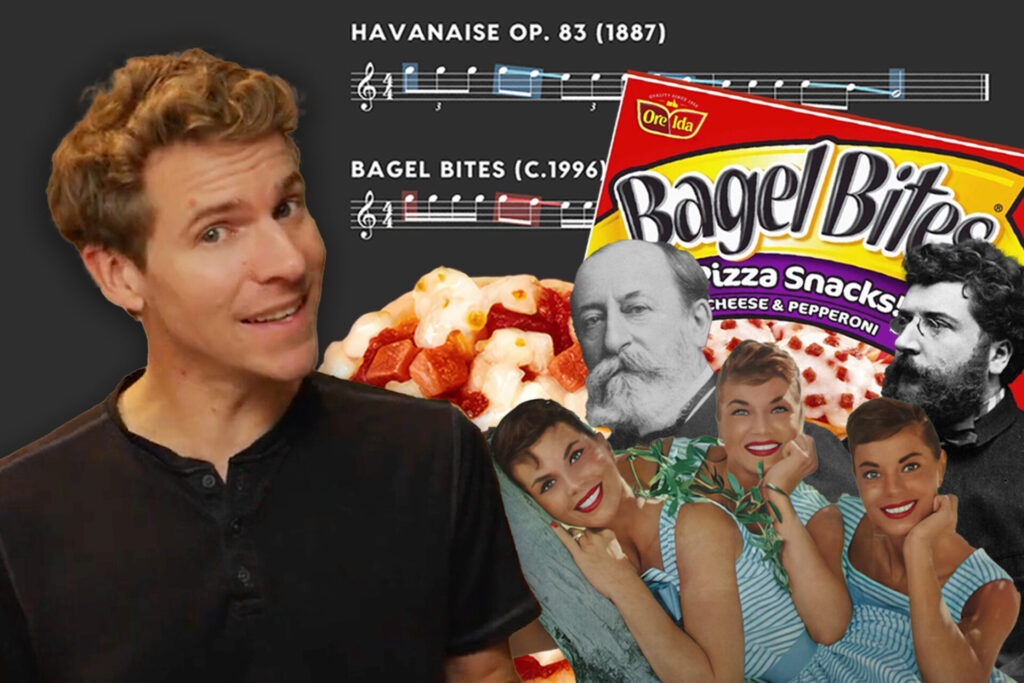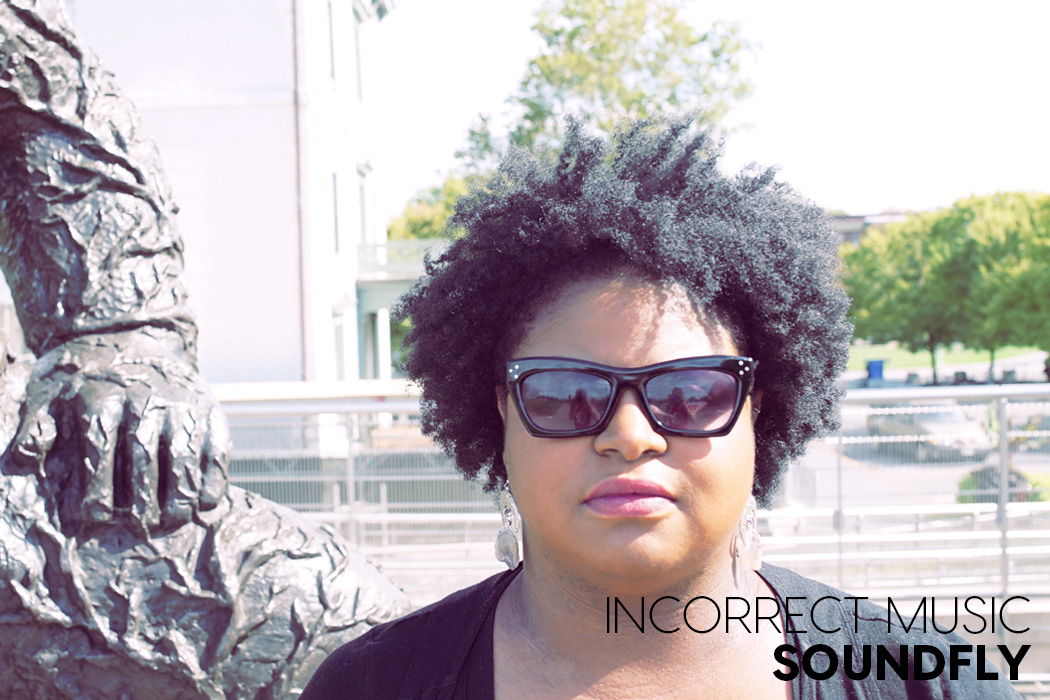
Welcome back to Soundfly’s weekly interview series, Incorrect Music, curated by guitarist, singer, and composer Lora-Faye Åshuvud (of the band Arthur Moon). In this series, we present intimate conversations with artists who are striving to push the boundaries of their process and craft.
Richmond, Virginia’s Kenneka Cook credits her early explorations in arranging to the loop pedal, which she started experimenting with as a device for creating jazz covers, after seeing Reggie Watts use one in a comedy act. While Cook’s forthcoming debut album, Moonchild, was made with a full band, the album still incorporates, at its core, her unique approach to arrangement that comes from having mastered the art of building musical landscapes with the Vox Lil’ Looper.
“For now, the only instruments I know how to play are my voice, a few percussion instruments, and loop pedals,” she says. “So if I want a certain sound, chord, rhythm, etc., I figure out how to express what I want by using I what I got.”
On Moonchild, which drops on February 23 via American Paradox, the translation of these idiosyncrasies to a live band setup adds a compelling and unusual perspective on jazz and soul.
– Lora-Faye Åshuvud
Interview by Charles Burchell
Can you describe your cosmic connection to music?
Music and space are both very mystical to me. Listening and performing music has the same effect on me as watching the night sky.
What was your musical upbringing like?
I grew up with classical soul and ’90s R&B, as well as gospel being played around the house. I ventured off into different genres in my middle school years. I feel like the choir had a major influence on how I harmonize in my music.
How did you first get into live looping, and how has it influenced your writing process and performance execution?
I saw Reggie Watts’ YouTube videos of his comedy specials he’s done with a loop pedal. I thought it would be cool to do jazz covers with a looper. So I bought a two-channel Vox Lil’ Looper and went from there.
For now, the only instruments I know how to play are my voice, a few percussion instruments, and loop pedals. So if I want a certain sound, chord, rhythm, etc., I figure out how to express what I want by using I what I got.
Your version of Nancy Sinatra’s “Bang Bang” is equally as haunting and ethereal as the original. Why did you choose to cover this song and what inspired the arrangement?
I first heard “Bang Bang” in the film Kill Bill: Volume 1. I fell in love with the song, so it’s been one I’ve always wanted to cover. It’s such a simple song with only a vocalist and guitar. I wanted to build a little more on top of that.
What was it like to record your entire album in a living room?
It took a few months to record in the living room at American Paradox Records, Scott Lane’s (of The Congress) label. Scott helped with incorporating my songs in a new way from what I usually do. It was fun, a very laid-back energy during the whole thing. Any musician that came to sit in was open to making suggestions.
“…if I want a certain sound, chord, rhythm, etc., I figure out how to express what I want by using I what I got.”
I noticed there are members from Butcher Brown featured on this record. What do you think of bands such as Kings and Butcher Brown and the modern sound of RVA? What do you feel your place is in this scene and beyond?
I love the sounds of both Kings and Butcher Brown. They have that new-yet-familiar feel that you can either vibe out to or you’ll end up dancing. I think it’s important to have that kind of diversity in music in RVA. I think my place is to build a bridge between vocalists and instrumentalists in a different way.
I really like your “Feel Good Song.” In today’s musical climate, I don’t think there’s enough happy music out there — or, at least, music meant to just put you in a good mood. How did this particular song come about?
I lost my grandmother, with whom I was very close, right around the time I first started singing solo in public. The Richmond music scene was very welcoming to me, with kind words and encouragement to keep going — like a second family. So I wrote this song as a result of that experience.
Do you feel the “jazz” label applies to you and your music?
Yea, jazz is my heart. Music has always been a part of my life, but I didn’t truly appreciate music as a whole until I found jazz music.
At Soundfly, we love to use the term “incorrect music” to describe the things artists do that go against people’s assumptions — or even their own instincts — but that yield exciting and unique results. What about your music might you consider to be “incorrect”?
My lack of “traditional instruments” to initially create a song.
Was there a moment in which you knew that music was the right path for you to pursue?
I don’t think there was a specific moment. Anytime I would stray from music, the universe always somehow brought me back to it.
Are there any plans to bring this music on the road?
Yeah. I usually do my material solo with loops, but I’m trying something new by branching out with the full band this time.
What advice would you give aspiring singers and songwriters looking to create an original project?
Always be open. Be open to learning from others. Be open to teaching others.
What’s in store for the future?
More songwriting, more loops, more music.
Want to get all of Soundfly’s premium online courses for a low monthly cost?
Subscribe to get unlimited access to all of our course content, an invitation to join our members-only Slack community forum, exclusive perks from partner brands, and massive discounts on personalized mentor sessions for guided learning. Learn what you want, whenever you want, with total freedom.
